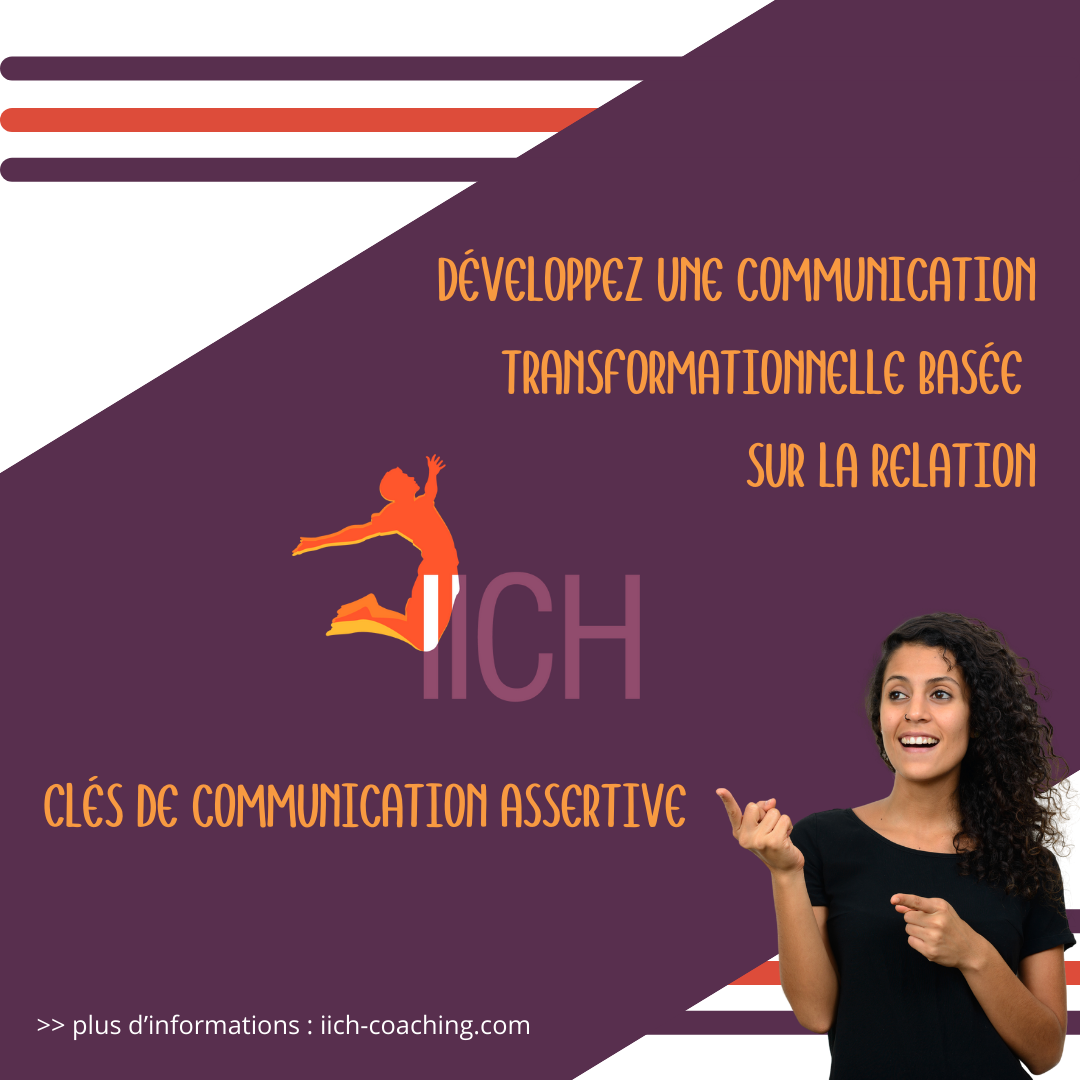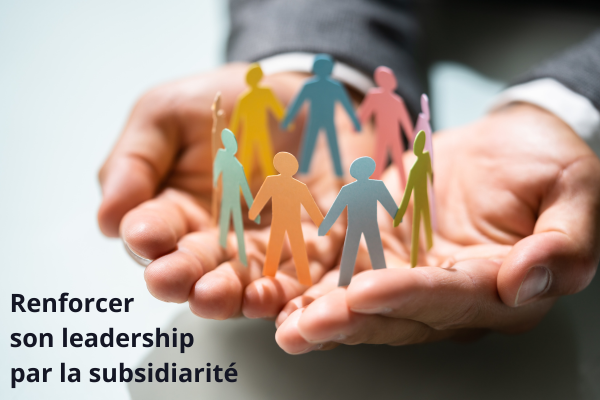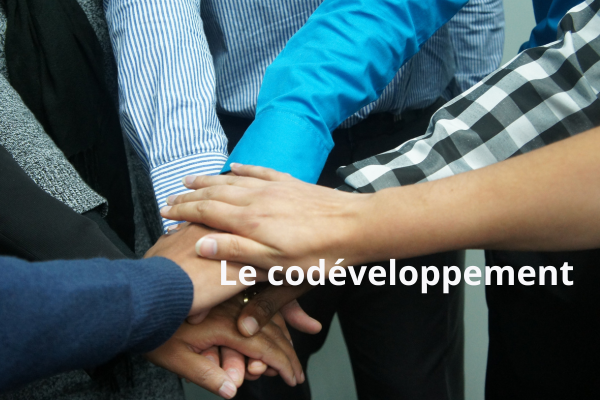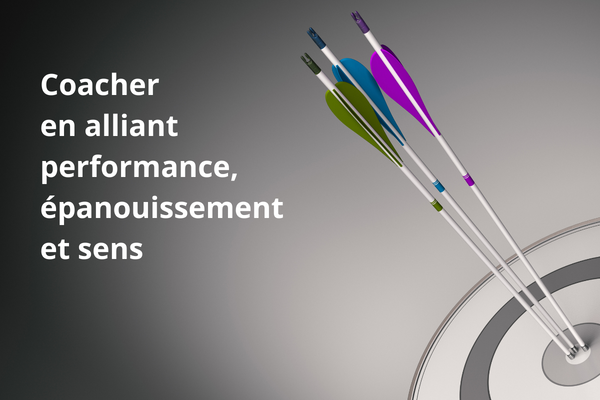This month, Evolve and Grow is the theme for UK ICF magazine. Coaching is interconnected with evolution and growth within the organizations. Many of us are coachs but also entrepreneurs and team leaders. Many of us are working with organizations as clients and deal with topics like management, leadership and HR. That’s the reason why, I wanted to offer a contribution that would be truly meaningful for our community but also for our clients. We are facing a paradigm shift. Coaching has a key role to play, empowering people and organizations through performance but also fulfilment and a sense of purpose.

Imagine a workplace where you could express your talents and feel deeply connected with the organization’s purpose… How would it feel? For sure, you might agree that you would sign up for it!
As an ICF Master Certified Coach, I often work with HR managers and CEOs that express a difficultly in retaining talent inside the company. Usually, at this point, we can feel that a shift has to be made: A talent doesn’t have to be motivated or retained. If so, it means that the organization paradigm might be wrong. So, before we work together, usually they tend to believe that incentives and benefits are key assets to attract talents. After engaging in coaching, they realize that there are much more options to recruit and develop talent within the company.
Though this article, I am inviting you to the hack the code of Human Resources fulfilment.

Are you ready to explore the new HR Paradigm? 💡
Get into the rocket and fasten your seat belt! 🚀
The state of flow
Before we go further, please consider for yourself those activities, either personally or professionally, that you enjoy the most and would even do for no pay. Then, ask yourself, why do they offer you so much happiness and fulfilment?

One of the founders of positive psychology, Mihály Csíkszentmihályi defines the State of flow, as moments when you are totally absorbed in a doable task. In this state, one can feel that he is stretched to his limits working voluntarily on something difficult, worthwhile and meaningful. There are 8 characteristics of the flow estate: Goals are clear, direct and instant feedback, a balance between difficulty and skills, control over the task, deep focus and concentration, losing track of time, being in a transcending state of losing self-awareness, effortlessness and ease. We can feel it casually but in fact, corporations can easily create such auspicious environments that facilitate the state of flow.
Let’s look deeper at the causes of such fulfilment.
The key of fulfilment
Congruency (or alignment) is the constant adequation between our values, words and actions. It allows us to receive emotional gratification and develop virtues and talents (soft-skills, inner qualities, strength of character…). We could say that congruency is the skeleton key for a tailored happiness. When you go towards the opposite of your values and needs, you would feel emotions like anger, sadness or fear. You might also feel cognitive dissonance that is an inner tension when your thoughts and actions are not consonant.

I have had the opportunity to coach managers and employees that burnt-out. I could observe that the common denominator was that all of them where pushing themselves too hard and following the opposite of their core values. Basically, at some point, they felt a contradiction between their values and the corporation’s ones; and they stayed there because of systemic loyalties, inner contradictions or personal constraints.
Working for a company could be perceived as a successful love marriage. In such a case, sharing common values that promote meaningful goals is the secret of long-term partnerships and relationships. Values not only offer the opportunity to feel happier and more fulfilled, but also will bring a sense of purpose.
As the psychoanalyst Viktor Frankl discovered, there are 3 ways to feel a sense of purpose in life:
- Ethos: To serve a higher purpose beyond oneself. As an example, it usually happens within NGOs or organizations that are committed to their raison d’être.
- Eros: To build-up sustainable and personal relationships with specific people: partner, family, friends, colleagues.
- Pathos: To engage in projects that allow us to create things and get visible results.
All these paths of meaning are sustained by our core values.
What is really fascinating is that as HR people and managers, we have here a code to develop efficient and meaningful organizations.
Indeed, the long-term commitment can be developed though 3 levers:
- Develop the pride to belong: It means that the employees identify themselves with the company’s values, and they are able to recommend its services. This is key for employer branding.
- Develop attachment to the company: To the teams, to its members, to the manager; and trust among the employees.
- Strengthen the will to do: This refers to interest in the role, the work, the missions and meaning of the company. It is energy and enthusiasm that the employees bring to the work.
There are many ways to strengthen this feeling. But, remember that all the actions have to be aligned with the core values of the company.
Organizations that are driven by authentic shared core values and “Raison d’Être” will definitely attract the talents they need. Purpose and values are the fuel of organizations — their motivation. With an aligned environment, an organization offers the conditions for the employees to perform, be fulfilled and find meaning at work. The values define the organization culture: rituals, ways of functioning, leadership, symbols, codes and practices.
We do understand at this point that the first step for the modern organizations is to accept to have an inner audit and check with their team what the real core values they share are. Based on this, they can develop an efficient and meaningful HR strategy that will not only achieve the goal, but also raise performance, well-being and meaning at the workplace. With such work, the organization can make a real shift and include “Employer branding” and “Corporate social responsibility” at a manifestation of their DNA.
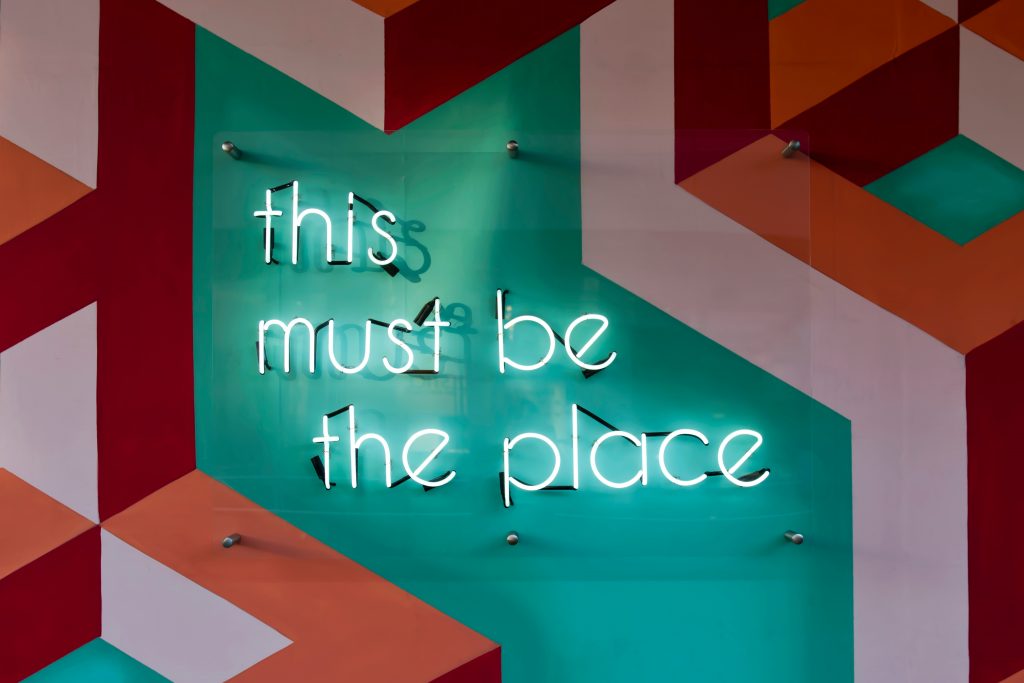
Be reassured: we have been working with organizations at different phases of such process, and it is not expensive at all. It is really worth it, not only in terms of ROI but also because of the fresh energy that emerges within the company. The first step is really an inner one: the boldness of the CEO, HR and board to make the shift of paradigm, to choose performance, fulfilment and meaning.
The paradigm shift in HR and leadership
This might be the legacy of the industrial period, today, we still tend to think that employee’s performance is the balance between skills and needs. In a global and connected world, it became false. If they are not happy or skilled, people just leave the company.

To get high and long-run commitment, HR should not recruit only on hard skills and experience. In fact, they should also recruit employees based on shared values and soft-skills. Values will guarantee natural motivation, commitment and the will to learn. Soft-skills will facilitate the inclusion of the new recruit in the team, and they will value the corporation’s DNA. In the long run, soft skills can be developed in different hard skills, adapted to different roles.
As an example, through HOVTA Assessment, a manager could hire a trainee sharing the company values of benevolence, entrepreneurship and stimulation. He was able to check his motivations, style of leadership and soft skills so he could be included in the team. During the interview, he could check the awareness, emotional and relational intelligence of the candidate. Then, the direct management and the HR manager would identify his natural talents to learn at a fast pace, to manage people, and his adaptability. Rather than accepting that the employee might leave the company at some point, they decided to build up a developmental program that offers an auspicious environment to express his talents, and different roles where he can perform with his talents plus develop skills. Training and coaching can be offered to empower him. But, be careful because he might become a board member at some point. 🙂
What makes it work is that through the learning process, trust and recognition, the employee develops strong bonds with the corporation: with the purpose, values and services, with the team, with the management. In a way, naturally, the employee becomes the ambassador for the company.
With my team, we developed the HOVTA Assessment to help organizations to identify values, core motivations, styles of leadership and soft skills of their employees and teams. It also allows to develop awareness, emotional and relational intelligence in teams. The HOVTA assessment is a powerful tool to recruit, manage and coach with a sense of purpose. It is available in French and English. If you are an ICF credentialed Coach, the HOVTA practitioner training offers 35 CCE.
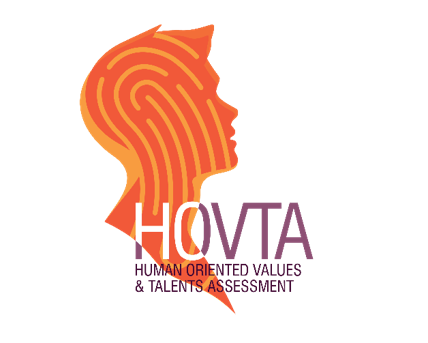
As a reminder:
Human Resources are the reflexion of the company’s practices. Congruency is the key to create inspiring, healthy and sustainable organizations. At any steps of the HR process, be sure that you are « soul in the game » and you « walk the talk ». Trust and commitment will be reinforced. Then, Coaching might help you to empower talents within the organization.
Are you bold enough to make this paradigm shift?
If so, we will be really happy to discuss with you and help you to uncover opportunities though the challenges you are facing.
If you want to host a conference or workshop on this topic, or if you seek further information, feel free to contact us.
>> Glossary:
- Values are core motivations or beliefs systems that drive our thoughts, decisions, judgments, actions, behaviors and attitudes. They are the keys to team cohesion, performance, commitment, fulfilment and a sense of purpose.
- Talents are soft skills, natural abilities and qualities. They could help to develop hard skills. The characteristics of talents are that they are personal, pleasurable and effortless to use, impactful, innate and recognized. They define our personality. The company challenge is to offer environments where talents could express and evolve.
- Life orientations: They are natural tendencies to be focused on for satisfying one’s needs, accomplishing oneself or looking for a deeper meaning and higher purpose.
- Hard Skills are specific savoir-faire that offers direct results and satisfies the company needs.
Crédit Photos : Pexels & Freepik

